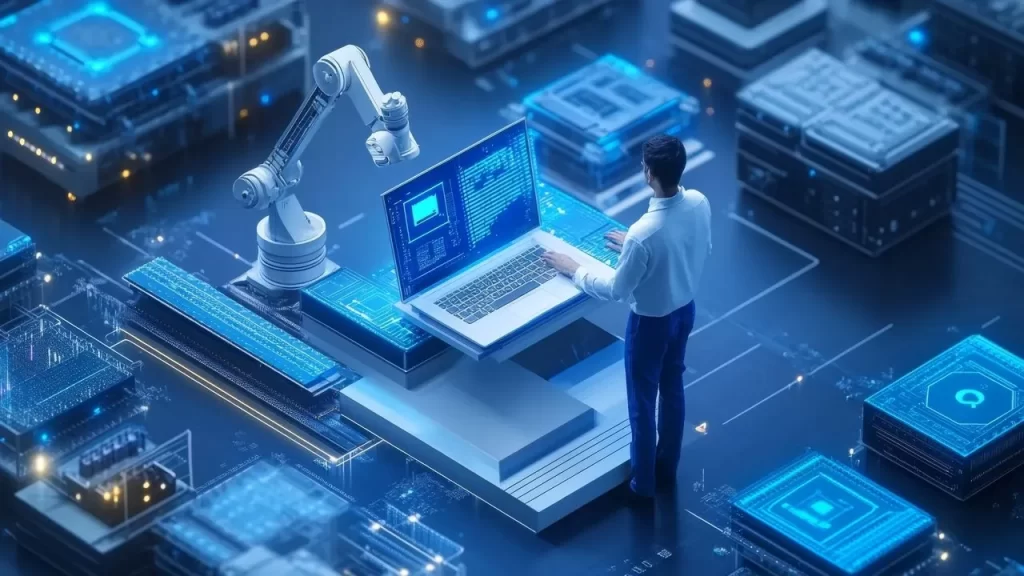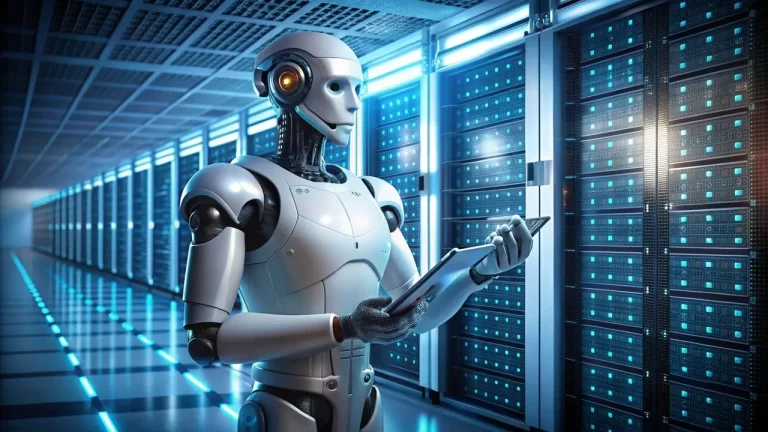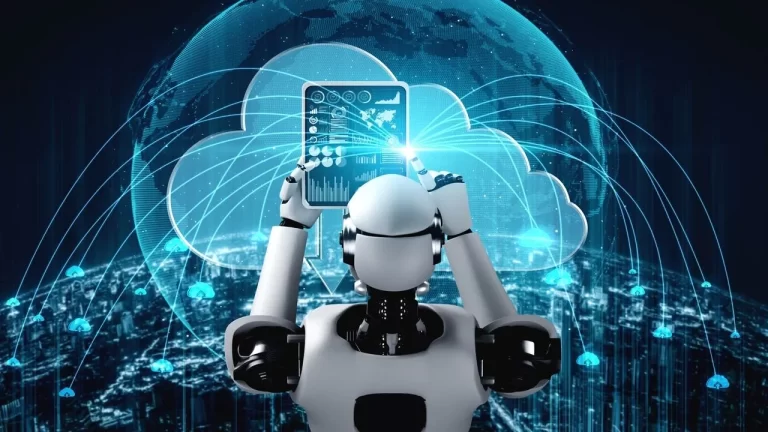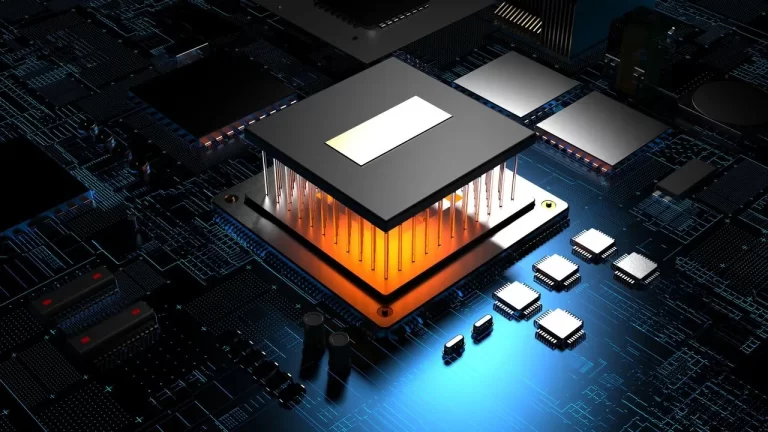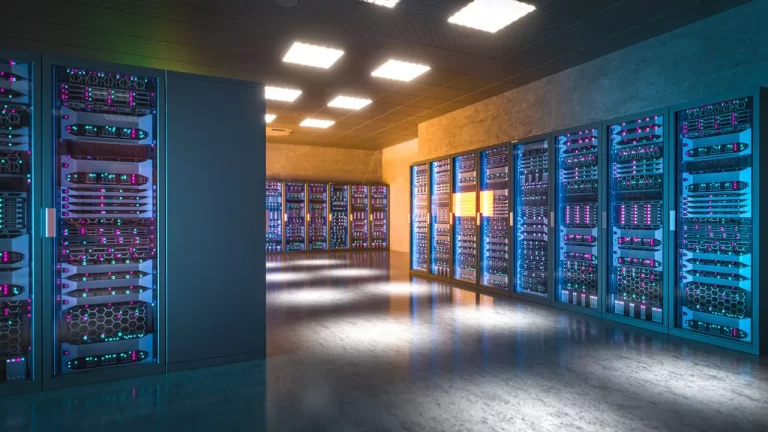In the year 2025, artificial intelligence will be more involved in enhancing the data center and making it smarter than it was before. The contemporary data centers have integrated AI features to help in tracking energy consumption, ensuring the failure prognosis of the system, and self-managing workloads. Many IT services have emerged today; for instance, cloud services, edge computing, and AI applications put pressure on data centers to perform optimally while at the same time increasing the demand for energy consumption. AI plays a crucial role in decision-making for operators through the usage of data and hence brings efficient working and quicker handling of any issue, which is a daunting process.
They also make automation through the use of artificial intelligence at a new level. From cooling to security systems, the technologies of artificial intelligence have been capable of performing job responsibilities that would have previously demanded people’s constant attention. Some of the capabilities include identifying specific patterns, even repairing faulty mechanisms before they result in a stoppage, and recommending the best way to use the elements effectively. By the year 2025, AI will be used in businesses to minimize costs, in addition to considering the impact on the environment. This is achieved to represent the development of intelligent and self-optimized data centers for the future.
What is AI in data center operations?
In the case of data centers, therefore, it implies the use of a complex collection of computers that are programmed to detect, diagnose, and sort out issues that may affect the center. The four concepts currently existing include artificial intelligence, big data analytics, and smart technology such as machine learning, big data analytics, automation, among others. Such technologies assist in system supervision, resource utilization, and, at times, failure prognosis.
For instance, it can adjust a cooling system depending on the server usage in the present times, or it can identify different patterns in the network that pose a security risk. AI works like a personal assistant who stares at monitors, listens to numerous updates, and enforces order.

Why is AI Important for Data Centers?
With the increasing sizes and sophistication, sources and loads, equipment and power shares, however, they are quite challenging and costly to manage. These are facilitated by AI, as cloud services, applications, as well as data storage needs are progressively increasing.
AI also supports sustainability goals. The traditional cooling and energy systems are found to be very ineffective in their energy consumption. That is where the employment of AI comes in handy, as it allows companies to only use the energy that is required in the process. It is becoming more important with the rising prices of energy and matters concerning the environment.
How Does AI Work Inside Data Centers?
AI operates on information gathered from various sources, namely all the sensors, devices, and software in the data center. It processes this data in a way that is geared towards establishing patterns in order to make decisions. For example, if a server is beginning to complain about a problem such as excess heat, AI can address the issue before it turns into one.
AI also manages resources. It may be able to transfer work from one server to another that may not be employed as heavily, or it may provide additional power to a server that’s at risk of being overloaded or even shut down resources that are not in use. They can also make an assessment on when a piece of hardware might fail, permitting the technicians to repair it before the failure happens.
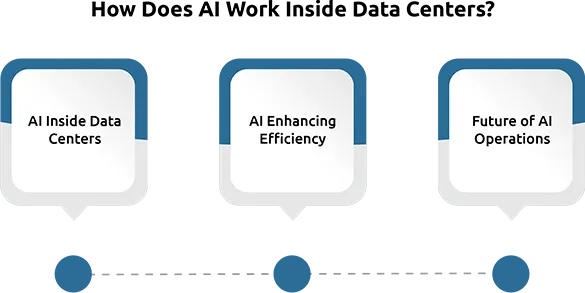
Benefits of Using AI in Data Centers
AI brings several major benefits. First, it boosts efficiency. Some theories have shown that using AI can bring down the energy usage by as much as 30%. This also makes use of detection through preventive maintenance in reducing the incidence of hardware failure and hardware downtime.
Second, AI improves security. There are hundreds of programs to choose from, and this makes it easy for the AI to uncover threats much faster than traditional tools in the market. This means that personal information can never be exposed, and customers will be able to access the different services available with no interruptions. Last but not least, it also enhances the condition of users by maintaining the efficiency of the systems to deliver better and faster services.
Challenges of AI in Data Centers
However, there are disadvantages of utilizing AI in data centers, as explained below. There is a major concern with the privacy and security of data. Due to this, AI systems have to be granted access to information that is usually personal and sensitive to respond and adapt to the users. If not done in the proper manner, this was liable to result in a breach or misuse of data.
The other type of challenge is that of integration and cost. Most of the AI tools are dependent on certain hardware, for instance, GPUs or TPUs, software, or the need for skilled human experts. It can be a problem for some firms to afford or handle this, especially for small businesses. However, with the use of AI, data is only as good as the information the AI receives — and this implies that bad data equals poor output.

